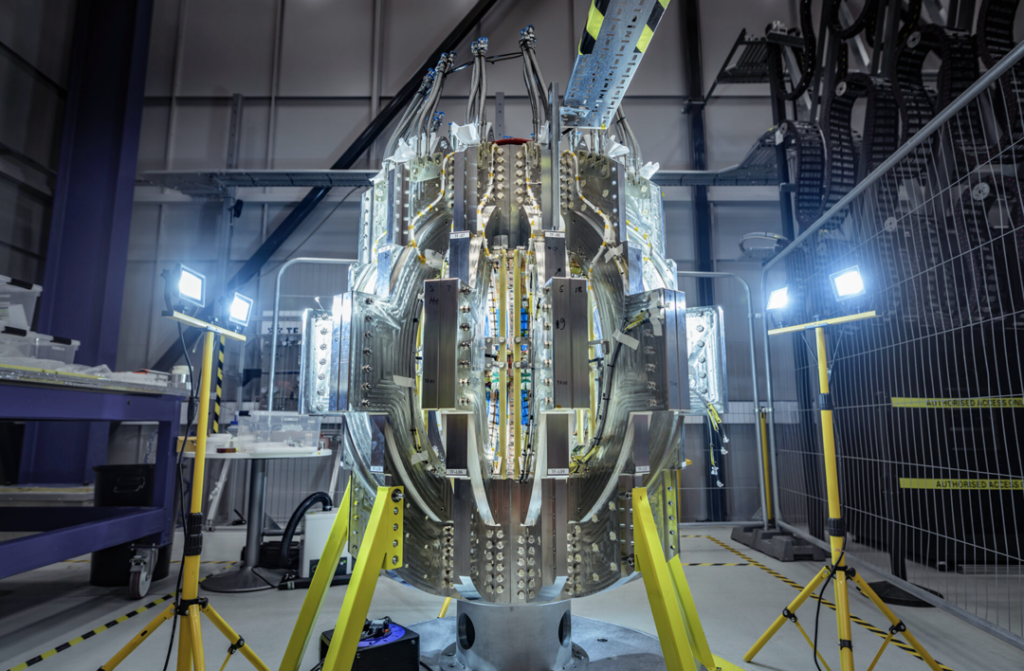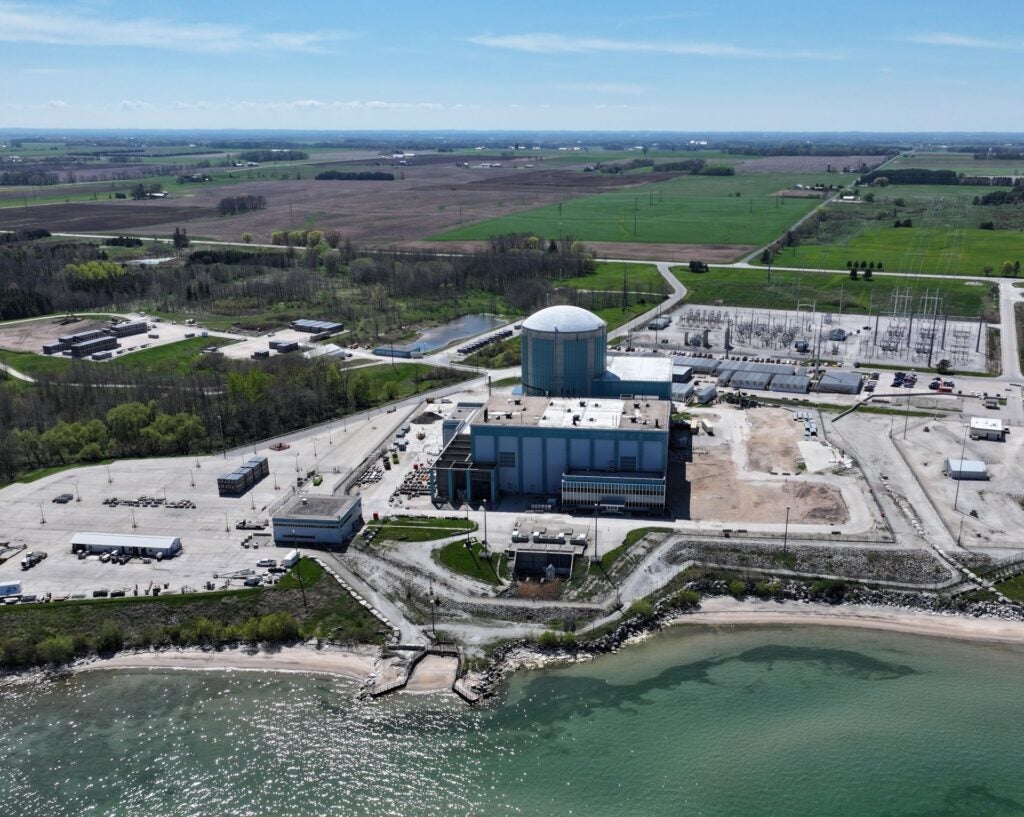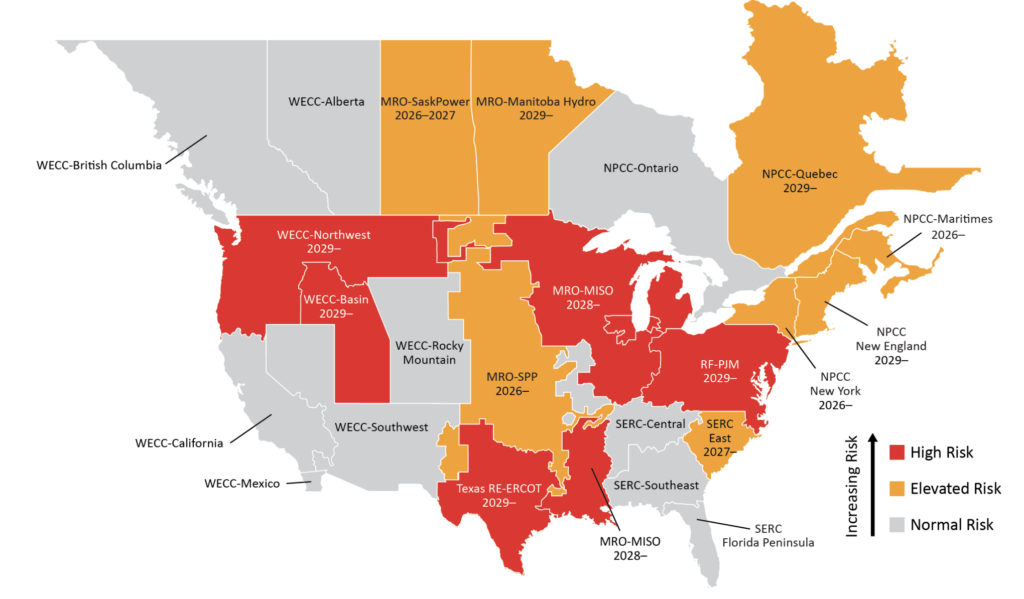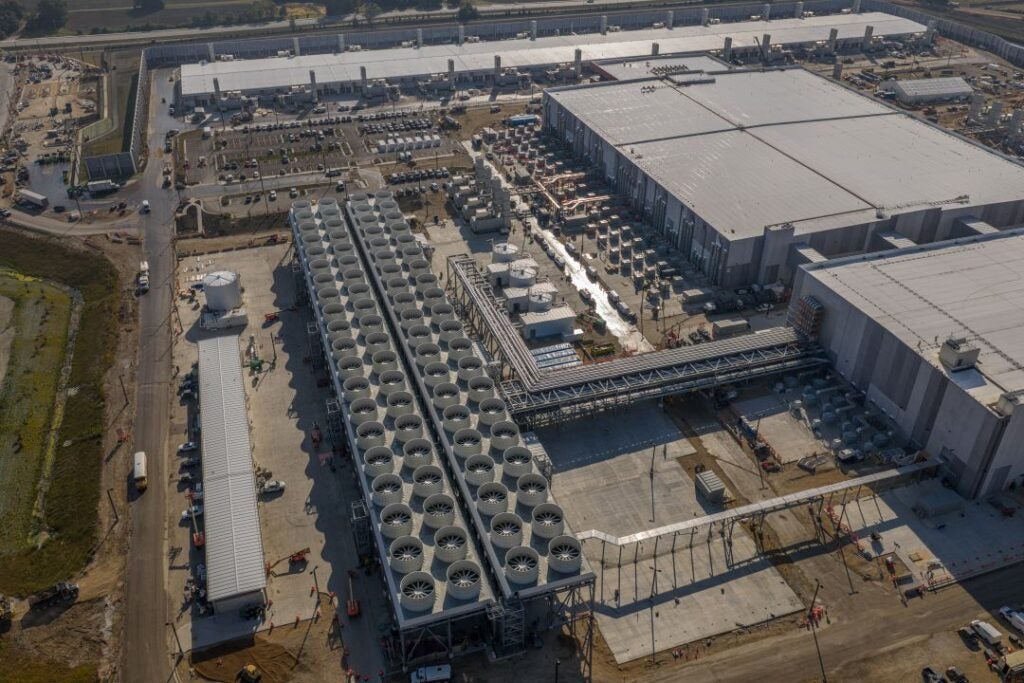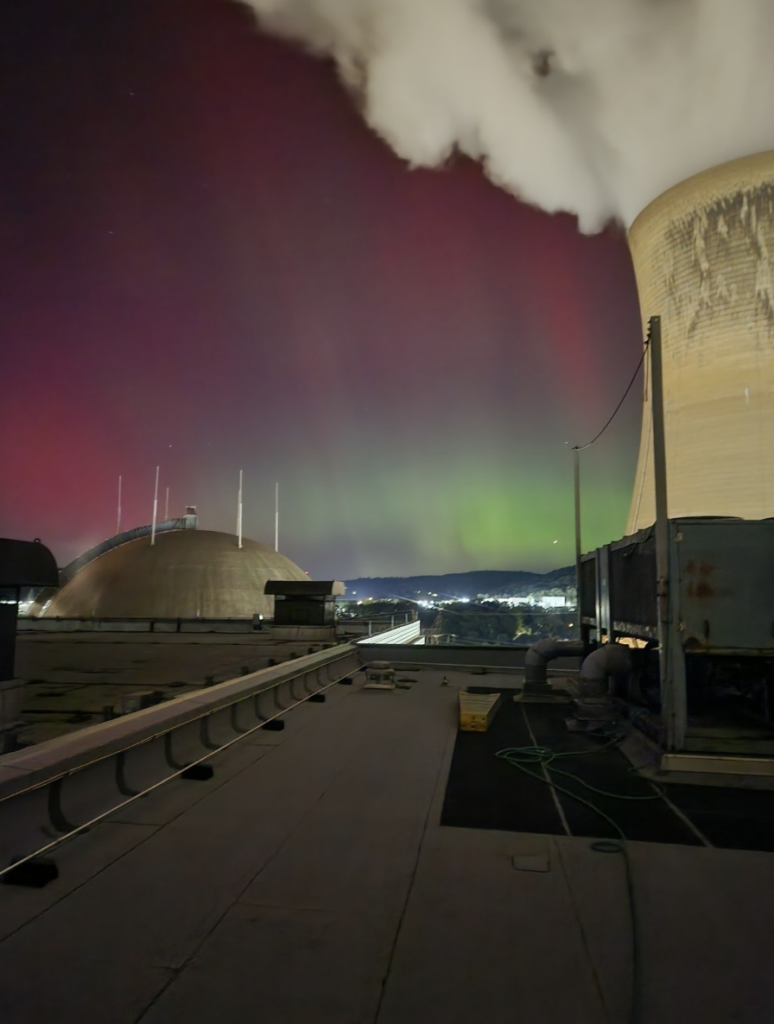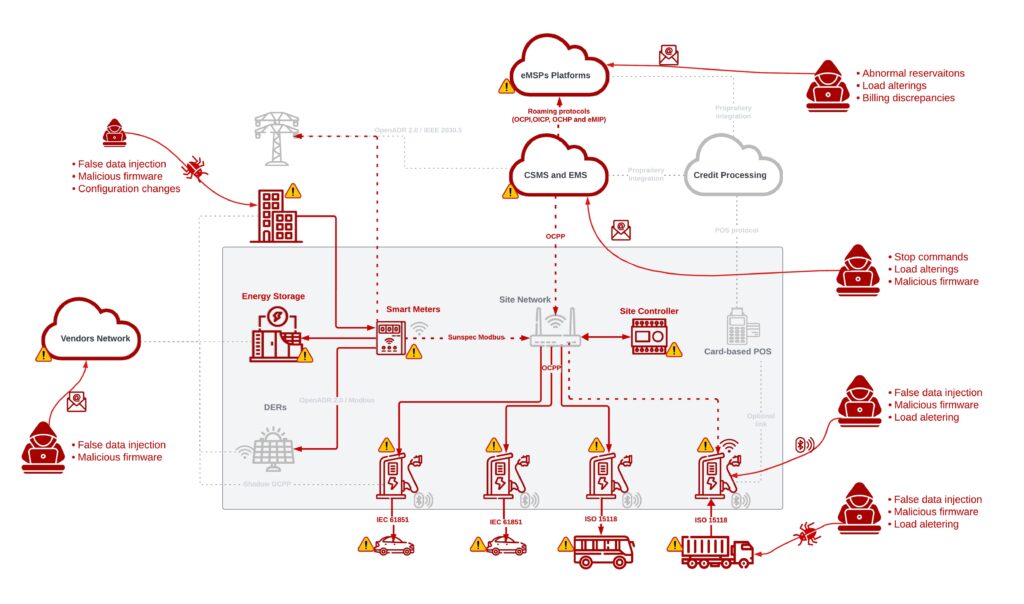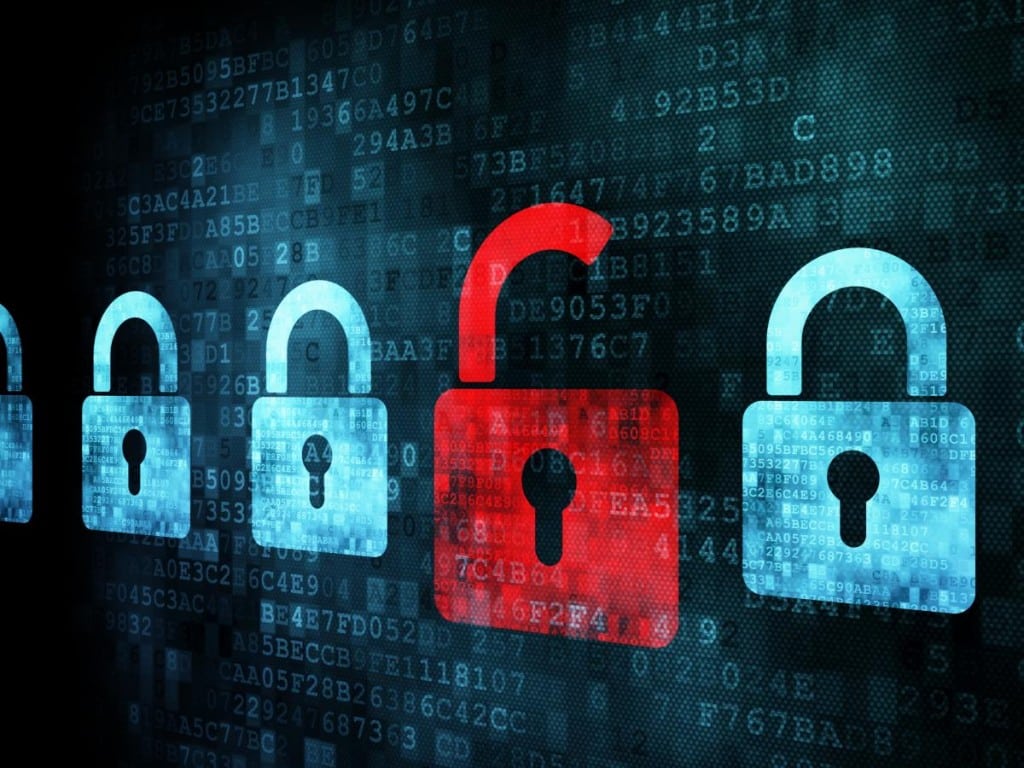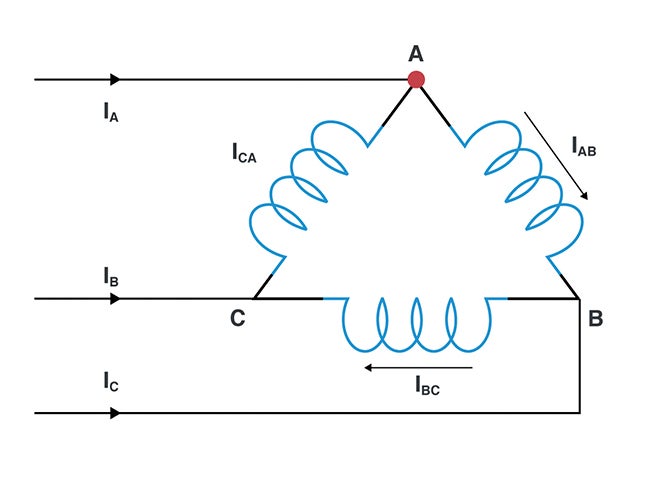In the rapidly evolving landscape of power generation, companies are increasingly integrating smart grids and artificial intelligence (AI) into their operations. This transition, while promising enhanced efficiency and reliability, also brings forth a myriad of challenges, particularly in the realms of cybersecurity and legal compliance.
This commentary delves into three legal issues around emerging cybersecurity risks and the incorporation of AI into grid operations, providing insights for business and legal experts in the power generation sector.
COMMENTARY
The Need for Robust Security Controls
Robust security controls are essential to identify, protect, detect, respond, and recover from threats. Protecting the electrical grid from cyberattacks is paramount to prevent widespread blackouts. Robust and appropriately configured security controls that are monitored by a well-trained Security Operations Center can help power companies protect the grid and sensitive information against external and internal threats. Power companies must also ensure that all components and software integrated into their systems are secure from inception. This requires heightened compliance with security requirements and an integrated approach to security across the supply chain.
Incident response preparedness is also critical. Developing, regularly updating, and disseminating incident response protocols, tabletops, and training ensures employees are prepared to handle potential incidents effectively. It is important to note that the focus is not only on protection and response, but also on resilience and recovery, as outlined in the NIST Framework. This involves ensuring that the grid can quickly recover from attacks and minimize downtime.

Power companies can identify the right controls by aligning their security programs to industry standards. Given the expanded processing and data that power companies are undertaking, they are looking to comply with evolving AI legislation and recent AI updates to industry standards (in addition to the existing standards developed by NERC, FERC, and NIST). ISO’s AI updates are available here; and NIST’s July 2024 AI publications are available here. Additionally, power companies that have a global reach also have to take into consideration global regulatory requirements, including the cyber resilience legislation in the EU / UK and the EU AI Act.
Power companies can leverage the Dept. of Energy’s (DOE) threat intelligence and risk assessment tools to remain apprised of the evolving threat landscape. Contact CESER or E-ISAC to participate in the DOE’s CRISP threat intelligence sharing program. Another noteworthy and free tool is the Cybersecurity Capability Maturity Model (C2M2), which helps power companies assess their cybersecurity capabilities. More information about these programs is available here.
New Consumer Services Bring New Endpoint, Privacy, and Marketing Risks
As power companies diversify into and market new business areas, there will be increased security and privacy compliance obligations. For example, expansion into new business areas such as internet service provision (ISP) and smart homes requires securing smart meters and other endpoints from tampering and hacking. These endpoints are potential entry points for cyber-attacks, necessitating robust security measures.

The integration of smart meters, smart home thermostats, and other IoT technologies also raise privacy concerns about real-time surveillance. Addressing these concerns is essential to maintain consumer trust and comply with privacy regulations.
With new business ventures come new consumer marketing techniques, including web, CRM, and texting. Managing consumer privacy consent for data collection and usage is crucial. Power companies must ensure that they gain and manage this consent effectively, particularly when sharing data with new vendors.
New AI Uses Bring Bias, Privacy, and Security Considerations
As power companies increasingly incorporate AI into operations, it is important to consider controls for bias, privacy, and security. Ensuring that AI models do not perpetuate biases is a critical concern, particularly in demand predictions and dynamic pricing. Power companies must implement measures, including the industry standards noted above, to ensure fairness, avoid discriminatory practices, and enforce secure development practices.
Additionally, when using data for analytics and AI, it is essential that data is anonymized to protect consumer privacy. Legal implications arise when sharing data or using it for new aggregate purposes, necessitating careful consideration and compliance with privacy regulations.
Finally, ensuring that AI actions do not endanger the grid or any of its components is paramount. Learning from past incidents, such as Stuxnet, power companies must implement stringent safety measures to prevent AI from causing harm.
Prepare Now For A Secure and Innovative Energy Future
As power companies transition towards smart grids and integrate AI into their systems, addressing the legal and regulatory impacts of emerging cybersecurity risks and the legal issues surrounding AI incorporation is crucial. By focusing on grid security, supply chain security, endpoint security, privacy concerns, insider threats, tools, best practices, incident response, AI bias, data anonymization, and AI safety, power companies can stay ahead of potential challenges. Proactive measures in these areas will ensure reliable, secure, and consumer-friendly services, positioning power generation companies for success in the evolving energy landscape.
—Jim Koenig is a partner and co-leader of the Privacy + Security Practice at Troutman Pepper. Ruki Smith is a Senior Privacy & Security Advisor at Troutman Pepper.


